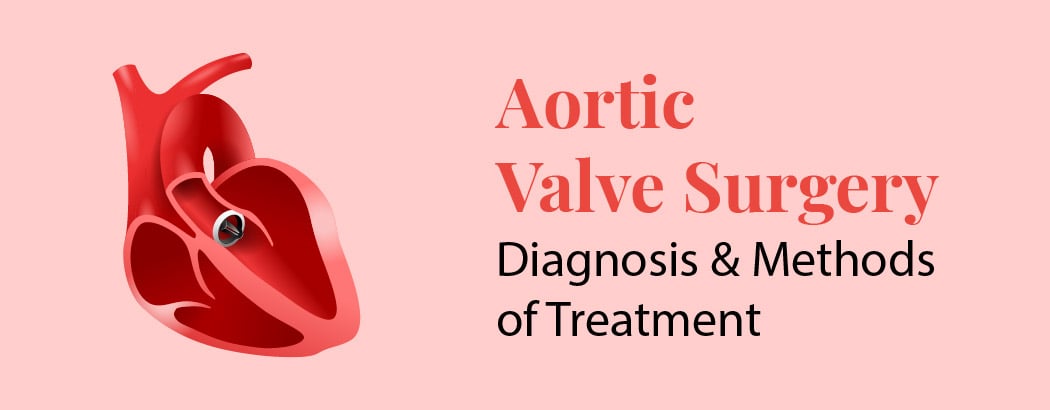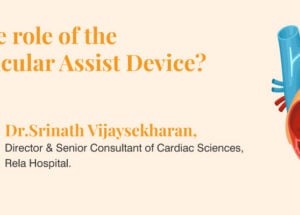What is Chemotherapy? Types, Uses, and Side Effects
March 24, 2025

Chemotherapy utilizes certain powerful drugs to destroy cancer cells in the body. Since these cells grow and divide faster than most others, chemotherapy is a common approach to cancer treatment.
It is often combined with other treatment options like surgery, radiation, or hormone therapy. The opinion to use combination therapy depends on various factors, including:
- Your overall health
- The type and stage of cancer
- The location of cancer cells
- Previous treatments you have received
- Your personal treatment preferences
As Chemotherapy is a systemic treatment, it affects the entire body. While it effectively targets cancer cells, it can be prone to cause significant side effects that may impact your quality of life. Weighing these side effects against the risks of not receiving treatment is crucial when deciding if chemotherapy is the right choice for you.
Why is Chemotherapy Done?
Chemotherapy serves several key purposes, including:
- Reducing the overall number of cancer cells in the body
- Shrinking tumors
- Preparing you for other treatments like radiation and surgery
- Alleviating symptoms and improving comfort
Oncologists may recommend chemotherapy after surgery, such as a lumpectomy for breast cancer, to eliminate any remaining cancer cells. It can also be used to prepare for further treatments. For example, chemotherapy may shrink a tumor before surgical removal or help prepare the body for radiation therapy.
Beyond cancer treatment, chemotherapy is also used to manage bone marrow disorders and immune system diseases. It is crucial in preparing patients with bone marrow conditions for stem cell transplants. Additionally, lower doses of chemotherapy can help treat autoimmune disorders like rheumatoid arthritis or lupus, where the immune system mistakenly attacks healthy cells.
Side Effects of Chemotherapy
Chemotherapy is intended to kill rapidly dividing cells. Other cells in your body also divide quickly, although cancer cells are the kind that do.
Chemotherapy might harm the cells in the tissues listed below:
- Blood
- Hair
- Skin
- The lining of your intestinal tract
Due to this, the side effects of chemotherapy are:
- Easy bruising
- Diarrhoea
- Dry Mouth
- Mouth sores
- Fatigue
- Fever
- Hair loss
- Loss of appetite
- Nausea
- Vomiting
- Weight loss
- Pain from nerve damage
- Infections
- Anaemia
- Constipation
- Neuropathy
- Lymphedema
- Memory problems
- Concentration problems
- Skin changes
- Nail changes
- Insomnia
- Sexual changes
- Fertility changes
Long-term Effects of Chemotherapy
When chemotherapy is finished, the majority of its side effects disappear. But depending on the kind of chemotherapy used, there is also a chance of long-term consequences that could manifest years after treatment.
These outcomes could result in harm to the:
- Heart
- Infertility
- Kidneys
- Lungs
- Nerves
- Reproductive organs
Additionally, chemotherapy increases the risk of getting cancer again. Speak with your doctor about the potential hazards and any symptoms you should be on the lookout for before starting treatment.
Determining the Right Chemotherapy Approach
Planning is crucial before starting chemotherapy, as it is a serious treatment for a severe illness. Your doctor and medical team will assist you in anticipating potential treatment-related challenges. Before beginning chemotherapy, you will undergo several tests to ensure you are physically fit for the treatment. These tests typically include a cardiac evaluation and blood tests to assess liver function.
The test results will assist your doctor determine the most suitable type of chemotherapy for your condition. Additionally, a dental checkup may be recommended before treatment begins. Since chemotherapy weakens the body’s ability to heal, untreated gum or tooth infections could spread and cause complications.
If chemotherapy is administered through an intravenous (IV) line, your doctor may place a port, a small implanted device typically positioned near the shoulder in the chest. Using a port makes vein access easier and reduces discomfort during treatment, as the IV is inserted into the port for each session.
How is Chemotherapy Done?
You and your doctor will work together to determine the best treatment plan by considering all relevant factors.
Chemotherapy is commonly administered orally, intravenously, or intramuscularly, but several other delivery methods are available. The right approach depends on the type and location of the cancer.
Here are some ways chemotherapy can be administered:
- Direct tumor application: If the tumor is accessible, chemotherapy can be applied directly. In some cases, slow-dissolving discs may be implanted during surgery to release medication gradually.
- Topical treatment: Certain skin cancers can be treated with chemotherapy creams.
- Localized application: Chemotherapy can be delivered directly to specific areas, such as the bladder (through the urethra), abdomen, chest, or central nervous system.
- Oral medication: Some chemotherapy drugs are available as pills.
- Injection or port delivery: Liquid chemotherapy may be given as a single injection or through a port, which requires a needle for each session.
The chosen delivery method influences where you receive treatment. Some options, like creams or pills, allow for at-home treatment, while others require visits to a hospital or cancer treatment center.
Your chemotherapy schedule will be personalized based on your condition and response to treatment. If your body does not react well, adjustments can be made by increasing, decreasing, or modifying the frequency of treatment to ensure the best possible outcome.
How to Prepare for Chemotherapy
- Make yourself free from your professional front – Most people can continue to work while receiving chemotherapy. Still, you might wish to be given a lesser workload until you know what side effects you might be having.
- Prepare your house – Wash the laundry, buy food, and complete other duties you might not be able to complete after your first appointment.
- Arrange for backup if it might be needed – Getting a friend or family member to assist with housework, pet care, or child-rearing can be very helpful.
- Anticipate side effects – Consult your doctor to learn about potential side effects and how to prepare. If you wish to have a child but fear that a side effect might be sterility, you might choose to freeze or keep sperm, eggs, or fertilized embryos. In the event that hair loss is anticipated, you might choose to buy headwear or wigs.
Frequently Asked Questions
1. At what stage of cancer is chemotherapy used?
Chemotherapy can be used at any stage of cancer, from early to advanced. The choice to undergo therapy depends on factors like the cancer type, stage, and the patient’s overall health.
2. What are the different types of chemotherapy drugs?
Chemotherapy drugs are classified based on their mechanism of action. Common types include alkylating agents, antimetabolites, anti-tumor antibiotics, topoisomerase inhibitors, and mitotic inhibitors. Each type targets cancer cells differently to slow or stop their growth.
3. Is chemotherapy painful?
Chemotherapy is not usually a painful procedure, but the initial injection and its side effects may cause discomfort.







